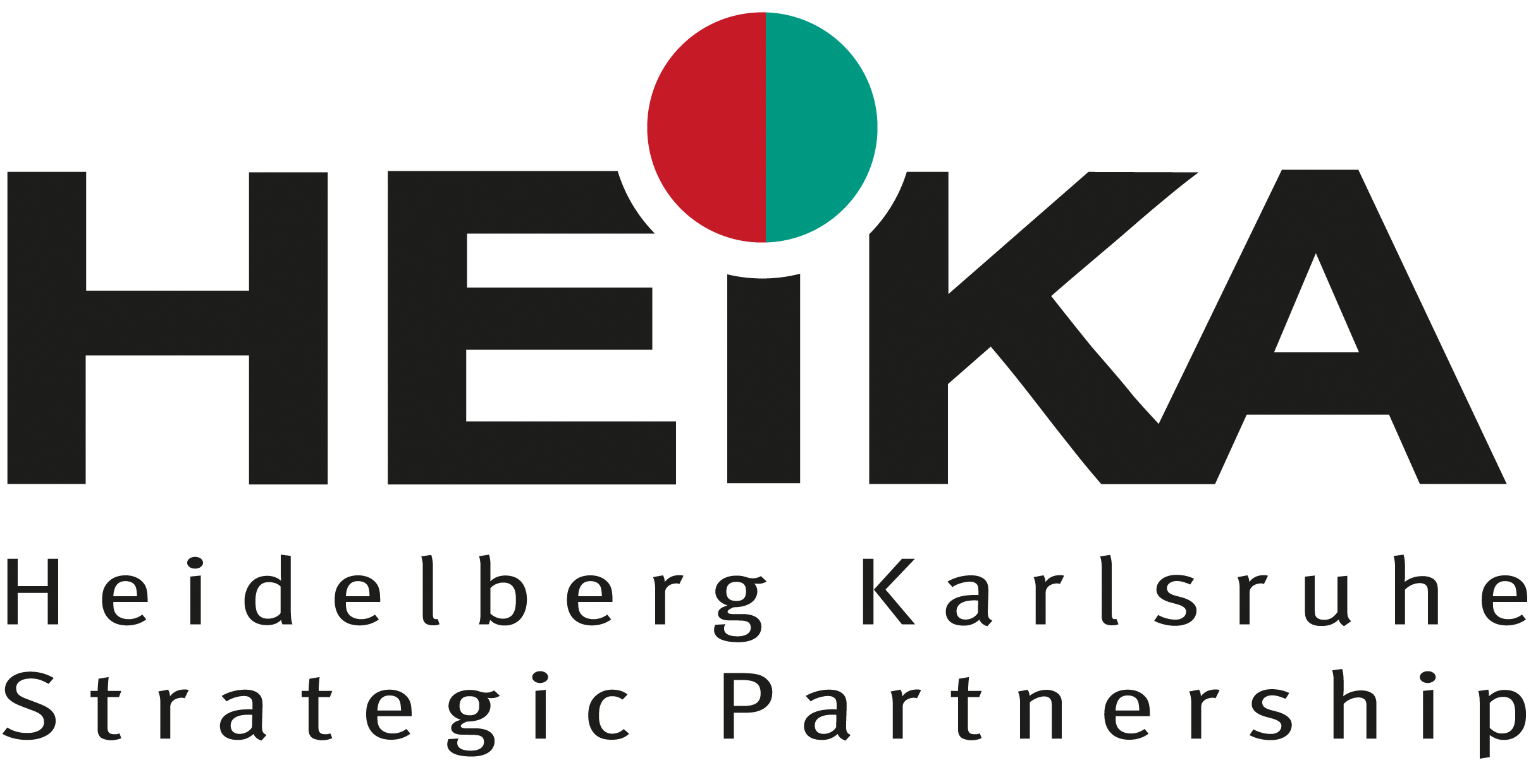Chronic neuroinflammatory diseases such as multiple sclerosis (MS) are characterized by multifocal lesions across the central nervous with the pathological hallmarks of demyelination and astrocyte reactivity. Recent reports have demonstrated that reactive astrocytes are highly polarized with seemingly opposing roles either promoting or inhibiting further inflammation and tissue damage. Based on single-nucleus RNA-sequencing, we recently found that a subtype of MS-specific reactive astrocytes strongly upregulate CD44, encoding for an cell surface glycoprotein with different splicing isoforms that are directly linked to specific downstream functions by acting as a co-receptor on different cell surface receptors, deeply affecting their signal transduction. This property makes CD44 an attractive therapeutic target with the capability to simultaneously modulate diverse cell functions. Cell surface receptors interact with specific CD44 isoforms which can be differentially expressed in pathological conditions, adding the potentiality of constituting a disease specific target.
Here, we aim at decoding the cell-type specific functions of CD44 in homeostatic and reactive astrocytes, utilizing the MS mouse model experimental autoimmune encephalomyelitis (EAE). Combining cutting-edge single-cell transcriptomic and precise gene approaches, we will be able to dissect precise CD44 functions in vivo and in vitro during demyelinating neuroinflammation. Ultimately, we aim at linking specific CD44 isoform functions to the underlying pathology and aim at identifying novel biomarkers and therapeutic avenues for chronic neuroinflammatory diseases such as MS.
Project details
Project management


